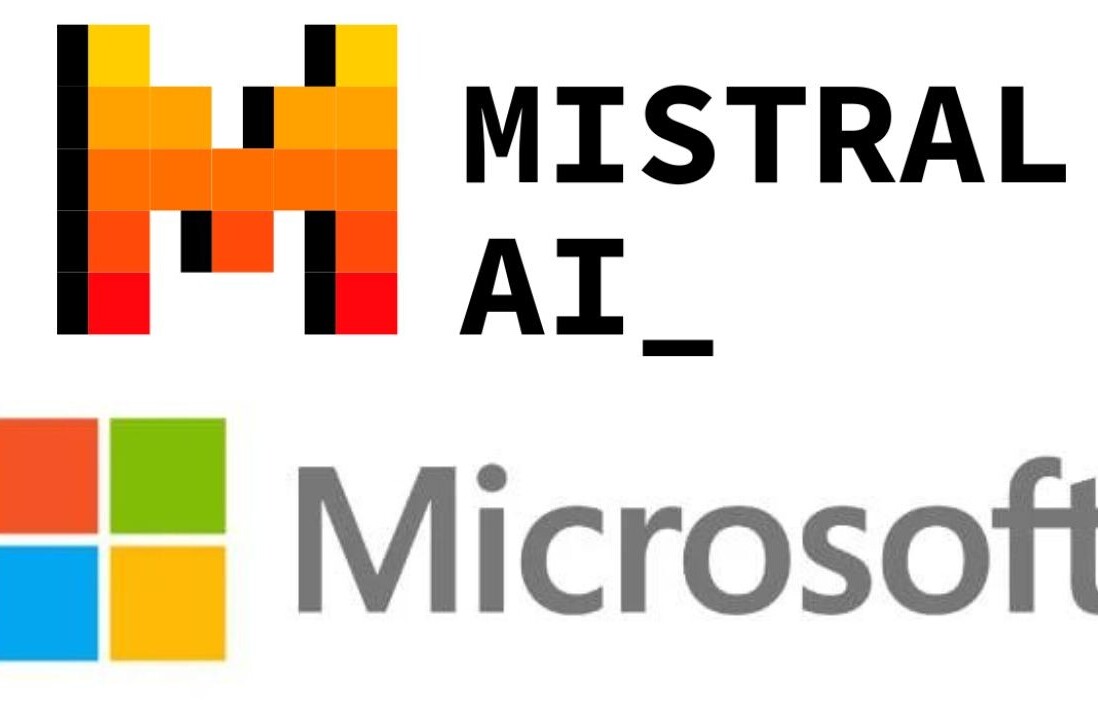
It’s the big story this morning: Google is now worth more than Microsoft! Whether or not this is a fluctuation among the valuations of top technology firms, or a symbolic changing of the guard is no idle question.
Microsoft yields 3% and has a sub-15 PE ratio, making it hardly feel like a technology company. And that makes sense, in a way, as it generates piles of cash, but grows at rates that are but a shadow of its early days; all companies mature, and as Microsoft seeks to reinvent itself – more on that here – it certainly has become a different company, at least financially, in the last 15 years.
A short note: market capitalizations matter both more, and less than you think. Microsoft is worth about $248 billion at the moment. If that figure was 230 billion, or 300 billion, would it drastically impact how the firm operates on a daily basis? No.
However, as Facebook has recently learned, a flat or declining stock price can be a negative incentive towards hiring and key employee retention; hollow out your critical staff and it’s straight down the hole. As Bill Gates said in 1999, as quoted in the recent Impatient Optimist, “Take our twenty best people away, and I will tell you that Microsoft would become an unimportant company.”
That in mind, turning market caps into a horserace is a fun way to keep tabs on how different firms are doing, but not too much more.
In the next few hundred words – I promise to be brief – I’m going to walk you through two different key financial metrics that undergird today’s pole change in the markets. Let’s go.
Cash
Here’s something to think about: The aggregate market valuation of a company can be taken as the following: its cash + the worth of its long-term cash flows = market capitalization. Thus, if you deduct a company’s cash position from its market cap, you can see a sharper picture of the company’s worth as determined by Wall Street et al.
Why is this fair? Simply this: Imagine a company with a market valuation of $100 billion. Let’s say this company, AlexCo, has $30 billion in cash. Now, if you contemplate the value of the firm, the $30 billion in cash is baked in, at a ratio of 1:1. One dollar in cash is worth one dollar in valuation – no one is going to pay more than a dollar for a dollar. [There are very rare cases in which a firm will be valued at less than its cash, but we can leave that aside.]
Thus, we can simply remove all cash from a company’s market cap, and see what its worth is sans in accumulated bank. This is a method by which we can tear away the veil, and better see what a firm is worth; an older company could have saved more money over the years, thus boosting its valuation, without in fact being ‘worth’ more once corrected.
Let’s take a quick peek at the last reported cash, short-term investments, and cash equivalents for both companies [Sans receivables, for simplicity; all data unless noted via Google Finance]:
- Microsoft: $63 billion
- Google: $43 billion
Thus, not only has Google surpassed Microsoft by a billion or so in total market cap, when you factor in its cash disadvantage, from the perspective of total valuation, its core business is being valued at around $21 billion more than Microsoft’s.
Therefore, keep in mind that Google passed Microsoft in effective valuation some time past, and today’s milestone is really the event of Google surpassing Microsoft’s cash advantage. That’s not to trivialize the occurrence, but instead to help put it in perspective.
Growth
Corporate valuations can be analyzed by taking their price, divided by their earning per share. If a firm’s share price is $10, and it earned $1 in GAAP profits in a year, it would have, in the basic sense, a price/earnings ratio (PE) of 10. This ratio is an extremely effective way of securing a back of the envelope look at how a company is valued.
Certain firms have richer valuations than others. For example, a utility company could have a low PE figure indeed, provided that its shares were purchased by those looking to collect a fat dividend. Boost buying in the company, raising its price and PE ratio, and its yield would decline on a per share basis, lowering its attractiveness. Thus, its shares would decline and bring its yield back into the range of palatability.
Other firms are valued for their growth, technology firms especially. LinkedIn, for example, has a PE ratio that floats around the 1,000 mark. Amazon, a company that has little appetite for profits, is richly valued by the markets for its innovative products and quickly expanding revenues. I highlight those examples to show how this is hardly a cut and dry method of looking at firms.
Now, to our little pals Google and Microsoft:
- Microsoft’s PE ratio: 14.75
- Google’s PE ratio: 22.53
What do those figures mean? That if you valued Microsoft at Google’s ratio of profits to share price, it would be worth some $372 billion (again, very back of the envelope). Even accounting for the cash differential, that would put Microsoft miles past Google.
So, is Google worth more than Microsoft? Yes, from a total market cap perspective. But we have to untangle growth rates to make any sense of the PE gap that has led to Google commanding a higher total valuation despite a lower per-share rate of profitability.
I promised to be terse and have already failed, so, I’ll do this in the simplest way possible. Instead of digging up each firm’s last few quarters of profit growth on a GAAP basis, we’ll turn to Yahoo Finances’s calculated PEG ratios, using an averaged 5 year growth rate. I’ll get into what that means in a moment:
- Microsoft’s PEG: 1.14
- Google’s PEG: 1.18
Now, what the heck is a PEG ratio? It’s a firms PE ratio divided by their expected growth, in this case their forward 5 year growth rate. Rule of thumb: anything under 1 is good, 1 is fine, and over one means that the firm is overvalued.
Here’s what that means: Let’s assume a company with a PE ratio of 30 – their shares are trading at 30 times their per share earnings – and the company is growing at a rate of 60%. That would give it a PEG ratio of 0.5 However, that’s a very basic look at what we are discussing, so keep in mind that we’re talking down a few levels.
Now, Google and Microsoft’s PEG ratios are over 1, making them overvalued? In a sense, but only such. Here’s the thing: if you valued Google and Microsoft on a trailing 12 month basis, or even a projected 12 month basis, those figures would be different. What the above numbers do dictate is that if you look ahead for 5 years, the companies’ PE ratios look slightly rich. This implies that they are eventually going to lose PE ground as they mature. Hardly surprising.
Back to our horserace. Let’s just declare the two numbers the same, as they are close enough to be dealt as equal for our needs. This means that both firms are in sync in regards to their valuations over time compared to their growth. This gives their PE gap something to stand on. Thus, valuing Microsoft at Google’s PE is an exercise in futility, as the fundamentals beneath that gap are strong. This is to say that Google is growing more quickly over the next half decade – financial companies do project – and thus the gap is a fair one.
Thus
When cash is taken into the picture, Google’s market cap retains its weight. Also, when the financials of the two firms are compared, Google’s advantage persists.
Both are great companies that make oodles of cash and have fat banks. Google is just doing a bit better for the moment. Microsoft’s next generation of products and its great reboot are underway. That could close the gap or not. We’ll see.
Top Image Credit: Emmanuel Huybrechts
Get the TNW newsletter
Get the most important tech news in your inbox each week.




